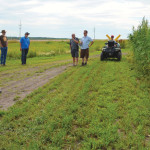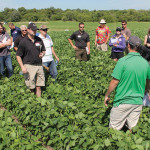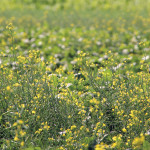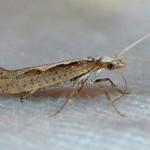CNS Canada — Health-conscious customers with money to spend will be looking to purchase more food over the next 20 years, while changing technologies and global economic uncertainty will bring their own challenges. That’s the outlook in a recent report out of Australia, highlighting five megatrends expected to impact the agricultural sector in the coming













